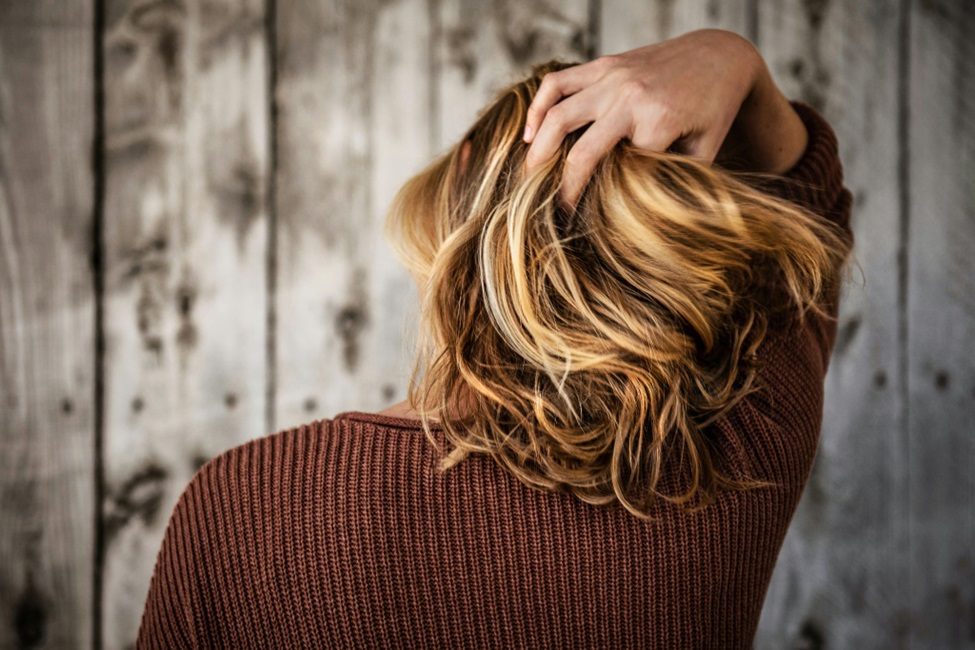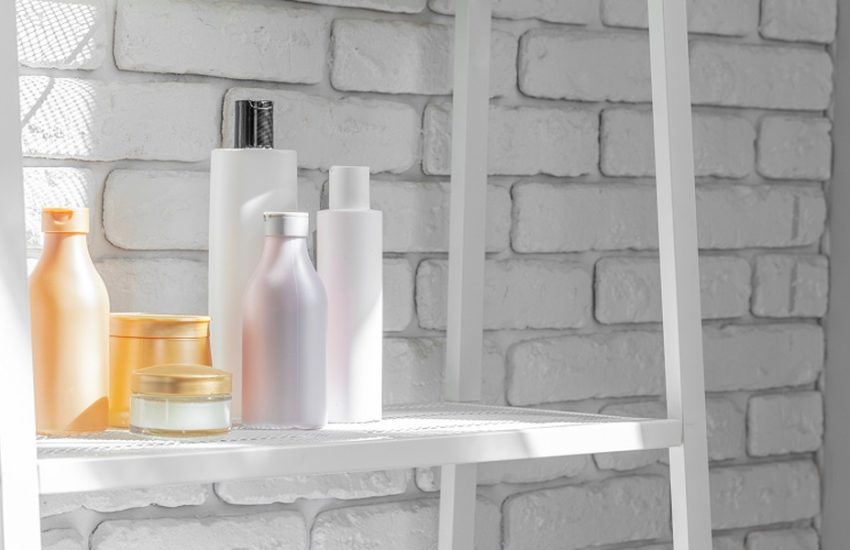How Hair Restoration Treatment and Fecal Incontinence Solutions Can Enhance Your Well-Being?
Hair loss, or alopecia, can happen for many reasons, such as genetics, hormonal changes, and environmental factors. Androgenetic Alopecia, also known as male or female pattern baldness, is a hereditary condition that causes hair to thin and fall out.
Alopecia Areata is a condition where the body’s immune system attacks hair follicles, causing sudden and uneven hair loss. A temporary form of hair loss triggered by stress, illness, or hormonal changes.
This article looks at how hair restoration treatment and fecal incontinence solutions can improve your overall well-being and lead to a more fulfilling life.
Hair Restoration Treatments
Addressing hair loss involves various treatments that cater to different needs and stages of hair thinning:
- Minoxidil is a product that stimulates hair growth and is often used as a first-line treatment for mild to moderate hair loss.
- Finasteride is a medicine you can take by mouth. It stops the hormone called dihydrotestosterone (DHT), which causes hair loss.
- Procedures like Follicular Unit Extraction (FUE) and Follicular Unit Transplantation (FUT) involve transplanting hair follicles from one area of the scalp to the areas that are thinning or balding.
- PRP therapy uses a lot of blood cells called platelets to make hair grow and make hair follicles healthier.
Psychological Benefits Of Yoga
Restoring your hair can make you feel more confident and happier. Many people report feeling more confident, happier, and better socially after successful hair restoration treatments.
By addressing the physical aspect of hair loss, individuals often experience a boost in self-image and overall satisfaction with their appearance.
The Challenge of Fecal Incontinence
Fecal incontinence is a problem that affects many people. It can be both physically and emotionally difficult. The impact on daily life and social interactions can be big, which can make people embarrassed and reduce their quality of life.
Fecal incontinence solution can happen for the following reasons:
- Damage to the pelvic muscles and tissues can make it harder to control bowel movements.
- Injury to the muscles that control the anus can cause incontinence.
- Neurological conditions can affect nerve signals related to bowel control.
The symptoms are as follows:
- Leakage of stool without intention.
- can’t get to the bathroom on time.
- Frequent and unexpected bowel movements.
Solutions for Fecal Incontinence
Here are some ways to help with feces incontinence.
- Dietary changes: Eating more fiber and avoiding foods that cause symptoms can help manage bowel function.
- Kegel exercises and other pelvic floor exercises can strengthen the muscles that control bowel movements.
- Medications: Antidiarrheals and medications to make stool more consistent can help manage symptoms.
- Biofeedback Therapy: This therapy uses electronic devices to give people real-time feedback on how their pelvic floor muscles are working.l.
Making Yourself Feel Better
Treating fecal incontinence not only improves physical health, but it also improves emotional and social well-being. Effective management can lead to reduced anxiety, improved social interactions, and an overall better quality of life.
Conclusion
Hair restoration treatments and solutions for fecal incontinence offer significant benefits for individuals who want to improve their overall well-being. Investing in good treatments for hair loss and urinary incontinence can help you live a happier and healthier life. Embracing these solutions can help you feel more confident and have a better future.



